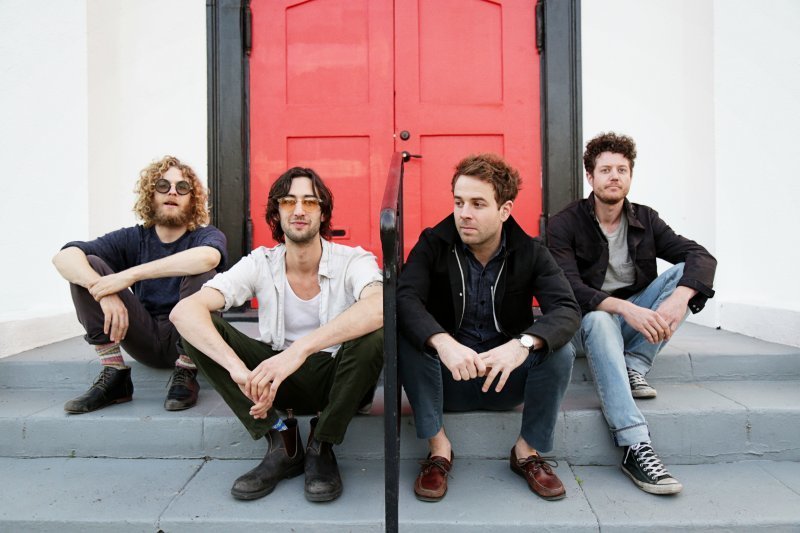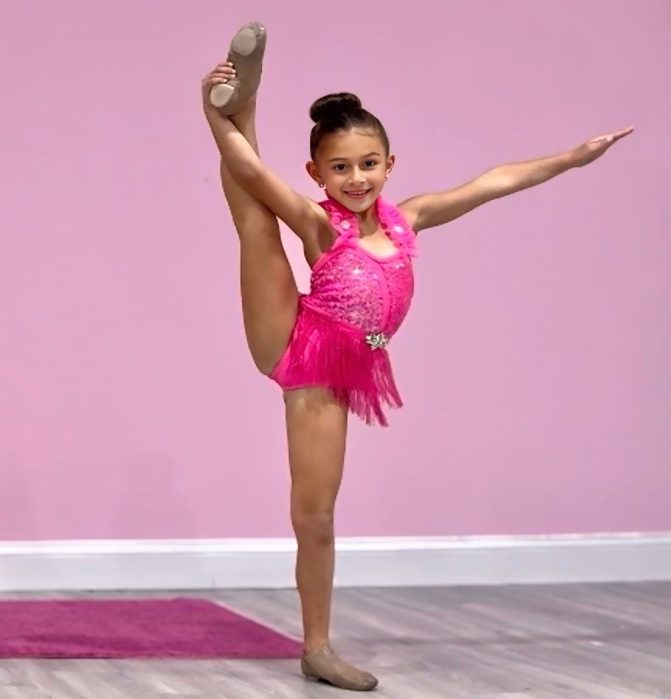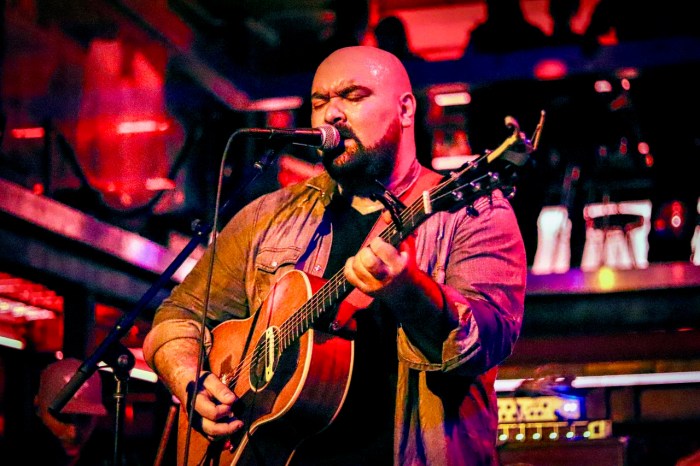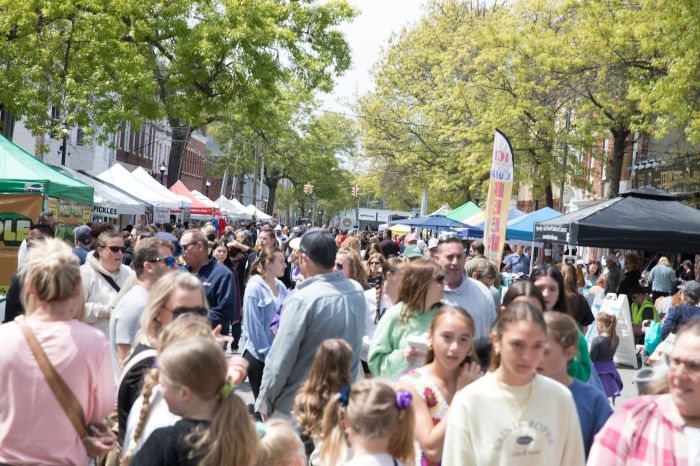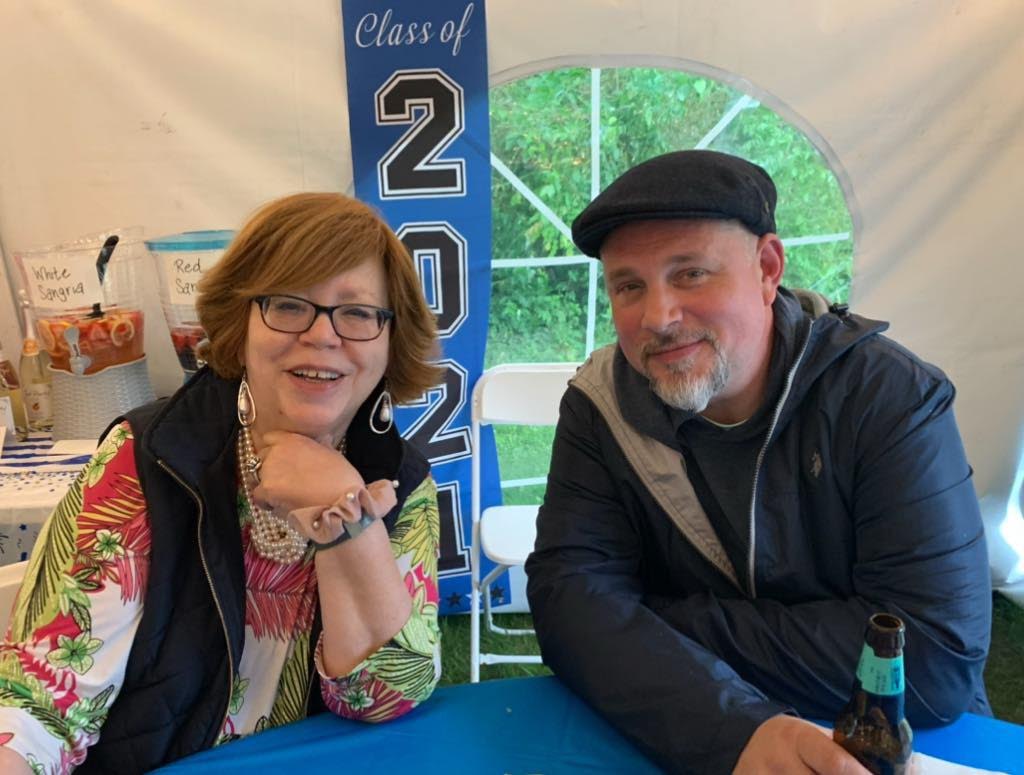Best known for their hit single “All Your Favorite Bands,” popular American folk group Dawes are coming to Northwell Health Jones Beach Theater to open for John Mayer on Aug. 23. The band, consisting of brothers Taylor and Griffin Goldsmith, Wylie Gerber and Lee Pardini, are touring their newest album, We’re All Gonna Die, the Press spoke with the band’s drummer ahead of the show.
Long Island Press: To someone who has never listened to Dawes, how would you describe the band and the sound you guys produce?
Griffin Goldsmith: A lot of people call it Americana or folk, I always felt like the mentality on page is rock ‘n’ roll
LIP: Have you ever played on Long Island before?
GG: Yes, but never at Jones Beach, so I’m excited for that.
LIP: Do you have any memories from when you played?
GG: I remember the theater being really nice and the show being really fun, but other than that, I don’t remember anything specific.
LIP: Where do you draw inspirations for the music of Dawes? Are there any distinct sounds or bands?
GG: We’re always listening to different stuff and finding new music to try and inspire ourselves. I think it’s just kind of a conglomeration of all the different stuff that we’re all listening to because we all play our part and we definitely all bring our personalities to the music. It’s always changing. There’s some stuff that we’re really into and obviously there’s some stuff that some enjoy more than others. We’re constantly changing.
LIP: What is the band into right now and what are you into personally?
GG: I just found a couple interesting jazz records by this guy named Shadow Wilson. Old drummer who played with Duke Ellington and Count Basie. And I found a record by Billy Taylor and then there’s a Bad Jones record and some Joe Henderson and I’ve been getting really back into. Art Blakey, which was one of my favorite drummers as a kid. As a band, there’s a lot of stuff. Me and my brother love the new National single and I can’t wait for their new record. I dig the new Arcade Fire record. The new Laura Marling record that came out I believe this year is awesome.
LIP: When did you realize that music could be a full-time career for you?
GG: When I was 17, we started Dawes and hit the road right when I was about 18. I’d say a couple years after that, it was evident “Oh okay, we could make this a self-sustaining thing. If we play enough and work hard enough, we could continue to do this for a long time.” So I think around 19 or 20.
LIP: What would you be doing if Dawes didn’t really work out?
GG: Good question, I have no idea. I’d probably be playing music. I think we all put our eggs in one basket. It’s been working out.
LIP: Has music always been a constant in your life?
GG: My father is a musician and my brother and I were raised around it, playing music and songs as a kid.
LIP: What’s your first musical memory?
GG: I have memories of me being driven to school by my dad with Steely Dan on and singing along with the solos on “Kid Charlemagne,” just having my mind blown by how musical that band was.
LIP: As a kid, who was your favorite band?
GG: Probably Steely Dan. I was really into Booker T and the M.G’s. You know the records they played on like Wilson Pickett and Sam & Dave, Pink Floyd.
LIP: What advice would you give to a 17 or 18-year-old kid who wants to start a band like you guys did with Dawes?
GG: Try to practice as much as you can. I know that’s an old trope or cliché, but there’s always somebody around the corner who is way younger and way better than you are and I feel like the only way to establish yourself at all is by playing a lot and being discerning in your tastes. There may not be a genre that you like, but it’s important to have a unique perspective and try to represent what you like about music.
LIP: When did that start clicking in your head?
GG: I’ve always kind of felt like musicians come up in two ways. One is – this is very generalized perspective and it’s not entirely true – people are raised in that world with the emphasis being: how do I get more chops? How do I play faster? The other perspective ¬– which often comes from self-taught musicians ¬– is how do I play these things that I really like? I didn’t really first start having lessons playing drums, so I would take records that I liked, whether it was Zeppelin or Steely Dan or Al Green or find drummers that I like and learn their parts and I felt like because I was learning these parts that stuck out to me, my emphasis has always been being soulful. It’s something that I’ve always been drawn to. It doesn’t matter to me how well a musician can play something. Some of my favorite players are the ones that sometimes play one note for a solo and it’s the way they do it makes it so powerful. It’s so much more powerful to me than if I watch a buddy who can play all the notes in a four-bar phrase. It’s like yeah that’s amazing, I can’t do that, but it’s just not what I can get off on. I realize at a young age not having the guidance, the only things that I could really emulate was stuff that I liked and my dad was always pushing soul music and stuff like that, so that’s probably why. That kind of shaped my perspective.
LIP: Moving toward your new album, We’re All Gonna Die, what’s it been like touring with that album?
GG: Fantastic. So far it’s been really successful. We’ve had the opportunity to play with some awesome artists along the way. We’re going out with John Mayer, which we’re so excited about and then right after that, we go and do a month with Kings of Leon and those two tours will cap the cycle for us. We’re really fortunate, it’s been amazing.




